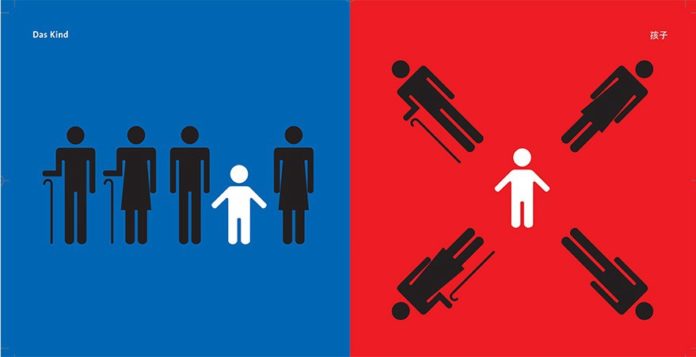Education forms the basis of human development. Innovation, modernization, and progression are the results of well-educated individuals forming an efficient and educated society. It accounts for one’s health, success, and oftentimes even happiness. A state then should prioritize education above all else, ensuring that its citizens are capable of providing expertise in fields necessary to keep a society functioning and flourishing. Eastern and Western states both value education, but their educational systems differ in many regards. These disparities originate from vastly different cultural histories and precedents.
Both Eastern and Western education systems have had a history of discrimination. Antisemitism was a huge barrier for Jews living in Russia, some of which were denied opportunities despite proving themselves with sufficient grades. At the same time, the African American community in the United States faced challenges through underfunded schools that their community found themselves separated in based on the locations they could afford to live. Women have prevailed over the centuries-long precedent of their gender role and have joined the educated, but in some countries, the movement has not succeeded as well as in others. In any case, women still struggle to receive the same benefits as men from their education. Discrimination in education has been present in both the East and the West, but modern disparities can be explained by the nations’ reactions to these traditions and cultures.
The East draws on the values of Buddhism, Islam, and Confucianism, while the West has been shaped largely by Christianity. Where nations like China, India, and the Middle East each have rich histories that define unique values in education, the majority of European and American nations share the influence of Latin and Greek.
Eastern nations like China value education as highly as Western nations like France, but they base their systems on different values. Chinese schools are often more competitive because they consider the competition to produce valuable, educated citizens. Curriculums are more rigid and focused on grades and exams. By fueling this competition, they hope students will acquire the most valuable skills that will contribute most to the success of their nation.
Western philosophers like Aristotle and Plato began the definition of Western education. Western systems of education prioritize the individual student’s contribution to the learning process. Students become involved directly in discussion and often help teach their peers through their research, opinions, and theories. Westerners study philosophers like Hobbes and Locke whose social contracts emphasize cooperation and rational thinking, suggesting that the ideal society is based on the individual’s competence and willingness to contribute their unique skills to society. Westerners use education to form a society of unique expertise that intermingle and strengthen the weaknesses of others.
Easterners conform students to the most successful model with the hope that the competition will give them the same opportunities and preserve their nation.
Political methodologies heavily influence educational systems as well. In the West, democracy demands participation from the citizens, sometimes more directly in countries like Switzerland. Democracy thrives off of the unique contributions of its citizens. Educational systems strive to encourage individuality and innovation to keep their societies adaptive. In the hands of expressive individuals, the nation will have no lack of ideas and opinions to draw on and make reformations.
In Eastern nations with less democratic systems, the traditional ideologies of the nation are preserved and reformation is discouraged. Change is resisted in the political environment and their education systems reflect that resistance. Students are taught to preserve values rather than challenge them. Teachers maintain more strict environments and innovation is less tolerated. This method effectively creates strong and stable nations but limits the individual’s expression within those nations.
Western educators disapprove of Eastern methods because Westerners strive to develop the individual’s ability to be self-thinking and challenging of the norms. Easterners hold to their rigid systems because it preserves the strength of their nation and creates a people more unified in their traditional beliefs.
References
Hassan, Aminuddin, Nur Syuhada Jamaludin, Tajularipin Sulaiman and Roselan Baki.
“Western and Eastern Educational Philosophies.” Philosophy of Education
Society of Australasia, 2010,
https://pesa.org.au/images/papers/2010-papers/pesa-2010-paper-06.pdf.









